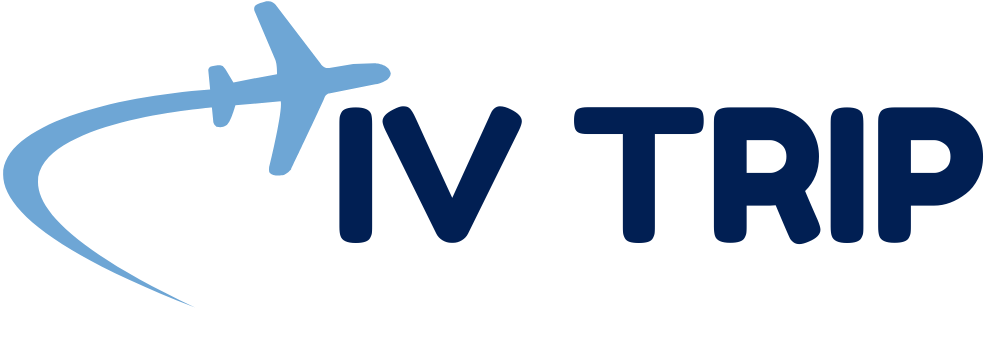Top 10 Reasons Travel Agencies Still Use GDSs in 2025
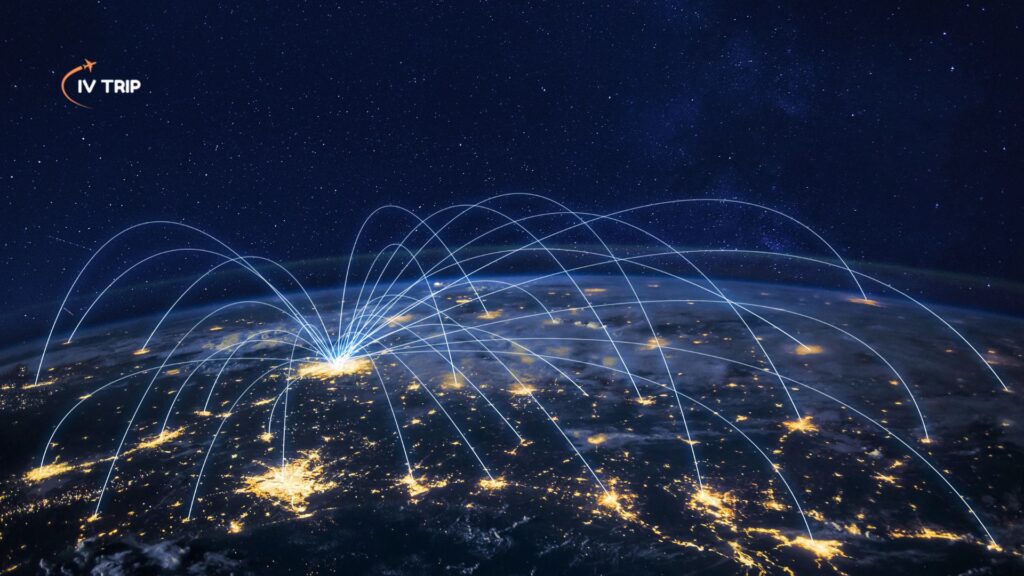
In 2025, the GDS reservation system will remain a cornerstone of the travel industry. While online direct booking tools and AI-powered aggregators have evolved rapidly, travel agencies—especially those in Bangladesh, the Middle East, and Southeast Asia—continue to rely on Global Distribution Systems (GDS) for speed, reliability, and scale.
At IV Trip, we aim to help modern travel agencies thrive by offering software solutions that fully integrate with the world’s leading GDSs. In this guide, we’ll explain why travel agencies still use GDS reservation system in 2025, what GDSs offer that direct platforms don’t, and how you can harness their full power.
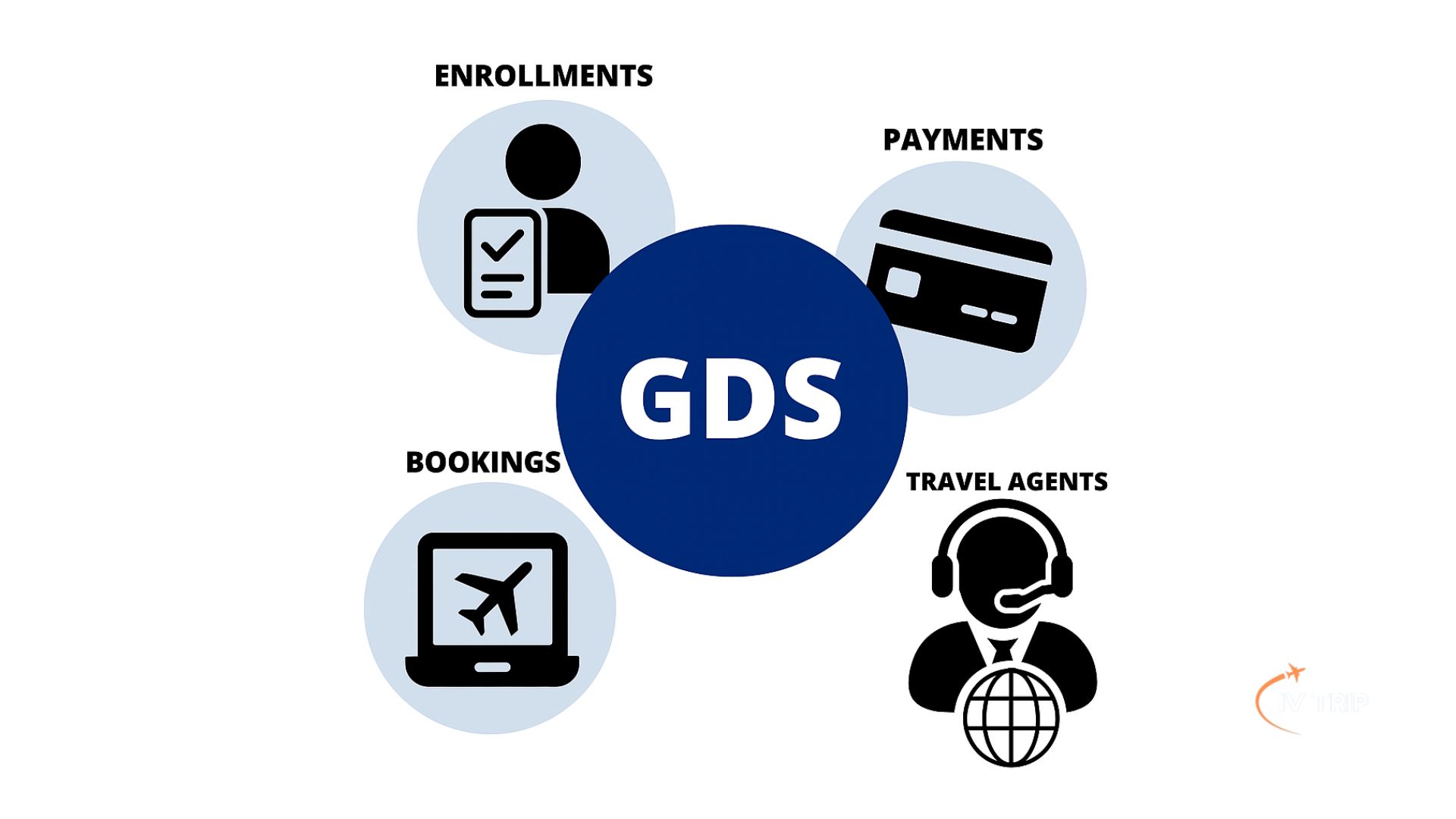
What is GDS in Travel Industry?
Before diving into its enduring relevance, let’s define GDS reservation system in the travel industry.
A Global Distribution System (GDS) is a centralized network operated by companies like Amadeus, Sabre, and Travelport. It connects travel service providers—such as airlines, hotels, rail, cruise lines, and car rental companies—with travel agents and travel management companies (TMCs), enabling real-time bookings and availability searches.
Key Features of a GDS reservation system:
- Live access to thousands of travel suppliers
- Real-time fare comparison and availability
- Supports multi-segment itinerary building
- Enables secure and fast bookings
- Integrates with travel agency software like IV Trip
10 Core Reasons Why the GDS Reservation System is Essential in 2025
Despite the digital transformation sweeping the global travel industry, the GDS reservation system remains a cornerstone for professional travel agencies in 2025. With more travelers demanding seamless experiences and more suppliers shifting toward API and direct distribution models, GDSs have evolved to remain relevant, powerful, and irreplaceable.
Here’s an in-depth look at why GDS remains essential for travel agencies, especially in competitive markets like Bangladesh.
-
Unmatched Global Inventory and Reach
GDS platforms serve as the central nervous system of global travel inventory. In 2025, leading GDS providers like Amadeus, Sabre, and Travelport offer access to:
- Over 1.1 million hotel properties
- 800+ airlines, including low-cost carriers (LCCs)
- 60+ car rental companies
- Thousands of cruise lines, rail operators, and activity providers
This vast, centralized network of suppliers enables travel agencies to offer their clients global options without juggling countless APIs, supplier contracts, or extranets. This access is indispensable for Bangladeshi agencies serving outbound travelers to Europe, the Middle East, or North America. It ensures they can fulfill nearly any request—whether for a last-minute Umrah flight, a group tour to Kuala Lumpur, or a business-class itinerary to London.
-
Real-Time Data & Instant Bookings
Time is money in the travel industry. GDS reservation system operates on real-time synchronization, providing:
- Live seat availability
- Dynamic pricing updates
- Immediate booking confirmations
This speed is especially vital during high-demand periods like Eid holidays, Hajj season, or long weekends when fares fluctuate rapidly. A few seconds of delay can mean a client loses their preferred flight or pays significantly more. With GDS, agencies can instantly lock in the best rates, reduce booking errors, and provide better client satisfaction.
Example: During Eid-ul-Fitr 2024, many Bangladeshi agencies using OTA backends experienced fare mismatches due to a lag in availability updates. GDS users, however, reported over 98% accuracy in real-time fare confirmations.

-
Streamlined Workflow & Automation
GDS reservation system isn’t just booking engines—they are workflow management ecosystems. When connected with travel agency software like IV Trip, they offer:
- Seamless integration of booking, ticketing, invoicing, and CRM
- Auto-generation of PNRs, e-tickets, and itineraries
- Innovative tools for fare quote management, commission tracking, and markup control
This automation reduces manual tasks by up to 40%, as found in a 2024 report by Travel Weekly. It enables small- to mid-sized agencies to operate at the same efficiency level as larger OTAs without compromising personalization or control.
-
Complex Itinerary Management
While booking a simple one-way flight can be done via mobile apps, GDS is unmatched in handling complex, multi-sector, and multi-supplier bookings. Agents can easily build:
- Multi-city flights with multiple carriers
- Packages combining flights, hotels, transfers, and tours
- Group bookings with different ticketing classes and rules
This is crucial for MICE travel, corporate travel, and custom FIT (Free Independent Traveler) planning.
Real-World Use Case: A Bangladeshi corporate client traveling from Dhaka to New York, with a layover in Istanbul, hotel stays in Manhattan, and an internal transfer to Washington—all can be managed from a single GDS screen with minimal error risk and complete reporting transparency.
-
Competitive Pricing and Exclusive Fares
One of the most tangible benefits of using GDS reservation system is access to exclusive pricing:
- Agency-only private fares
- Corporate negotiated rates
- Published vs. unpublished fare comparisons
- Access to airline commission structures and promotional bundles
This pricing advantage offers travel agencies better value than public OTAs or direct airline websites. In a 2024 comparison by Skift, GDS-enabled agencies in South Asia provided fares 10-20% lower for long-haul flights than public platforms.
Tip: Use IV Trip’s integrated pricing rules to automatically apply markups, service fees, or discounts based on fare class, customer type, or destination.
-
Enhanced Customer Service & Personalization
GDS reservation system platform equip travel agents with real-time control over every booking element. This allows agents to:
- Suggest alternative flights instantly during delays or cancellations
- Make mid-trip modifications such as rescheduling or name corrections
- Offer personalized travel options based on client history
In a highly competitive environment, humanized service becomes a USP. GDS empowers agents to deliver that personal touch at scale, helping agencies foster long-term loyalty and improve client retention rates.
-
Robust Reporting & Analytics
Modern GDSs aren’t just about bookings—they’re data intelligence tools. Agencies can generate:
- Sales and performance reports
- Booking pattern insights
- Supplier performance and commission summaries
These reports are essential for making data-driven business decisions. For example, by analyzing route trends, agencies can identify profitable sectors, renegotiate supplier contracts, or design targeted promotions.
Insight: Agencies that used GDS analytics for route planning and supplier negotiations reported 17% higher quarterly profits in 2024 (Travelport Business Review).
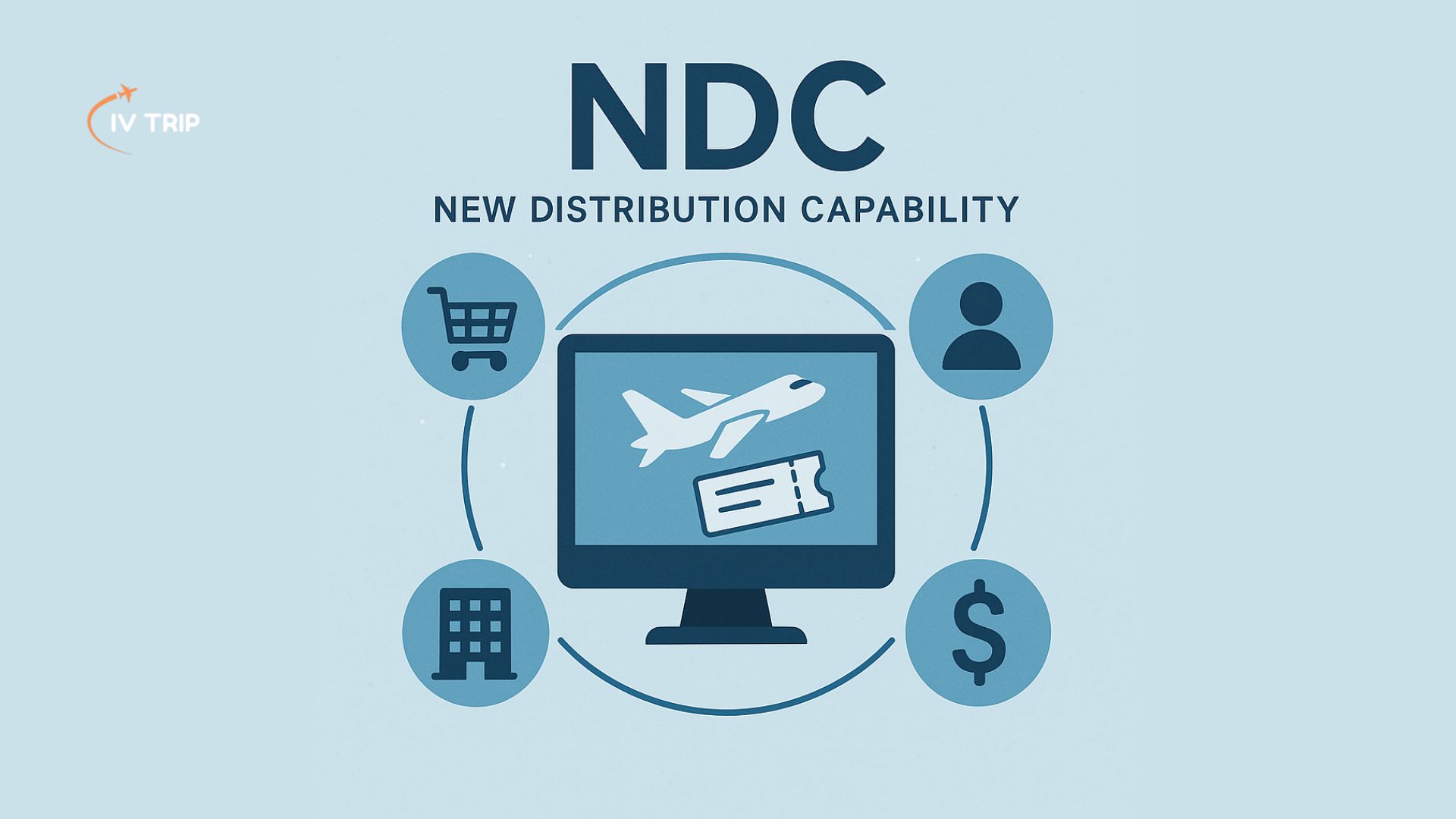
-
Seamless NDC (New Distribution Capability) Integration
Recently, major airlines have pushed for NDC adoption to offer more control over pricing and content. Leading GDS providers have integrated NDC offers, allowing travel agents to access:
- Branded fares
- Rich media content (seat previews, meals, bag info)
- Custom pricing bundles and ancillaries
Sabre, Amadeus, and Travelport now distribute NDC content for over 90 global airlines, including Emirates, Lufthansa Group, and Qatar Airways. This integration ensures that agencies using GDS don’t miss out on airline innovation.
With IV Trip’s GDS-NDC bridge, agents can book legacy and NDC content from a single platform—reducing complexity and boosting revenue.
-
Relentless Reliability & Severe Security
GDS systems are designed for maximum uptime, high-speed performance, and enterprise-grade data security:
- 99.98% uptime guarantees ensure bookings happen without delay
- PCI-DSS, GDPR, and ISO/IEC 27001 certifications protect financial and customer data
- 24/7 fraud detection and multi-layer encryption systems
This is critical for safeguarding customer trust, especially when handling sensitive information like passport details, corporate travel documents, or payment credentials.
Fun Fact: Amadeus alone processed over 6 billion travel transactions in 2024, with a security incident rate of less than 0.01%.
-
Industry Standard & Agent Training Ecosystem
The GDS ecosystem has existed for over 50 years, making it a global standard in travel. As a result:
- Hundreds of thousands of travel professionals are already trained in GDS.
- Institutions like IATA, UFTAA, and local travel boards offer standardized certification programs.
- IV Trip also offers GDS onboarding support for new agencies and interns.
This vast talent pool makes recruitment easier, reduces training costs, and ensures consistent operational quality despite staff turnover.
Example: Agencies in Dhaka using GDS-certified agents reported a 25% faster productivity ramp-up for new hires than those using non-standard tools.

Technical Considerations for GDS Integration
For travel agencies considering or optimizing their GDS reservation system integration, IV Trip emphasizes several technical considerations:
- API Integration: Modern GDS access often happens via APIs (Application Programming Interfaces). Ensuring seamless and efficient API integration with your existing travel agency software, like IV Trip’s solutions, is crucial for real-time data flow and booking capabilities.
- Scalability: The chosen GDS solution and its integration must be scalable to handle increasing booking volumes and expanding business needs.
- User Interface (UI) & User Experience (UX): While GDS backends can be complex, the user interface provided by your travel agency software should be intuitive and user-friendly, streamlining the booking process for agents.
- Security & Compliance: Adhering to PCI DSS compliance and other data security standards is paramount when handling sensitive customer payment and personal information through the GDS.
- Maintenance & Support: Regular updates, maintenance, and reliable technical support from the GDS provider and your software vendor (like IV Trip) are vital for uninterrupted service.
FAQs: GDS Reservation System
What is a GDS reservation system?
A GDS platform connects travel agents with real-time flight, hotel, and car rental data.
Why is GDS still important in 2025?
It offers unmatched inventory access, fast booking, and seamless software integration.
Which travel agencies use GDS?
Most mid to large-sized travel agencies, especially those handling corporate or international travel.
Is GDS better than direct booking?
For complex itineraries and bulk bookings, GDS offers better efficiency and pricing.
How does GDS work with travel agency software?
Through APIs and plugins that sync real-time data between systems.
What are the top GDS providers in 2025?
Amadeus, Sabre, and Travelport remain the leading names.
Can small agencies afford GDS reservation system?
Yes, many GDS reservation system platforms offer scalable pricing and support packages.
Is GDS reservation system secure?
Modern GDS reservation system platforms follow strict global standards for data security and compliance.
How is AI improving GDS reservation system?
AI helps with predictive pricing, automated responses, and real-time personalization.
Where can I get GDS-enabled travel software in Bangladesh?
IV Trip offers full GDS integration tailored for Bangladeshi travel agencies.
While the travel industry has evolved rapidly, the GDS reservation system remains an essential tool in 2025. Travel agencies continue to rely on it for speed, inventory depth, and efficiency. Integrating GDS with modern tools like IV Trip is a strategic move for Bangladeshi agencies aiming to grow and stay competitive.
Ready to supercharge your travel agency?
Let IV Trip help you integrate with the leading GDS reservation systems. Book a demo now!
